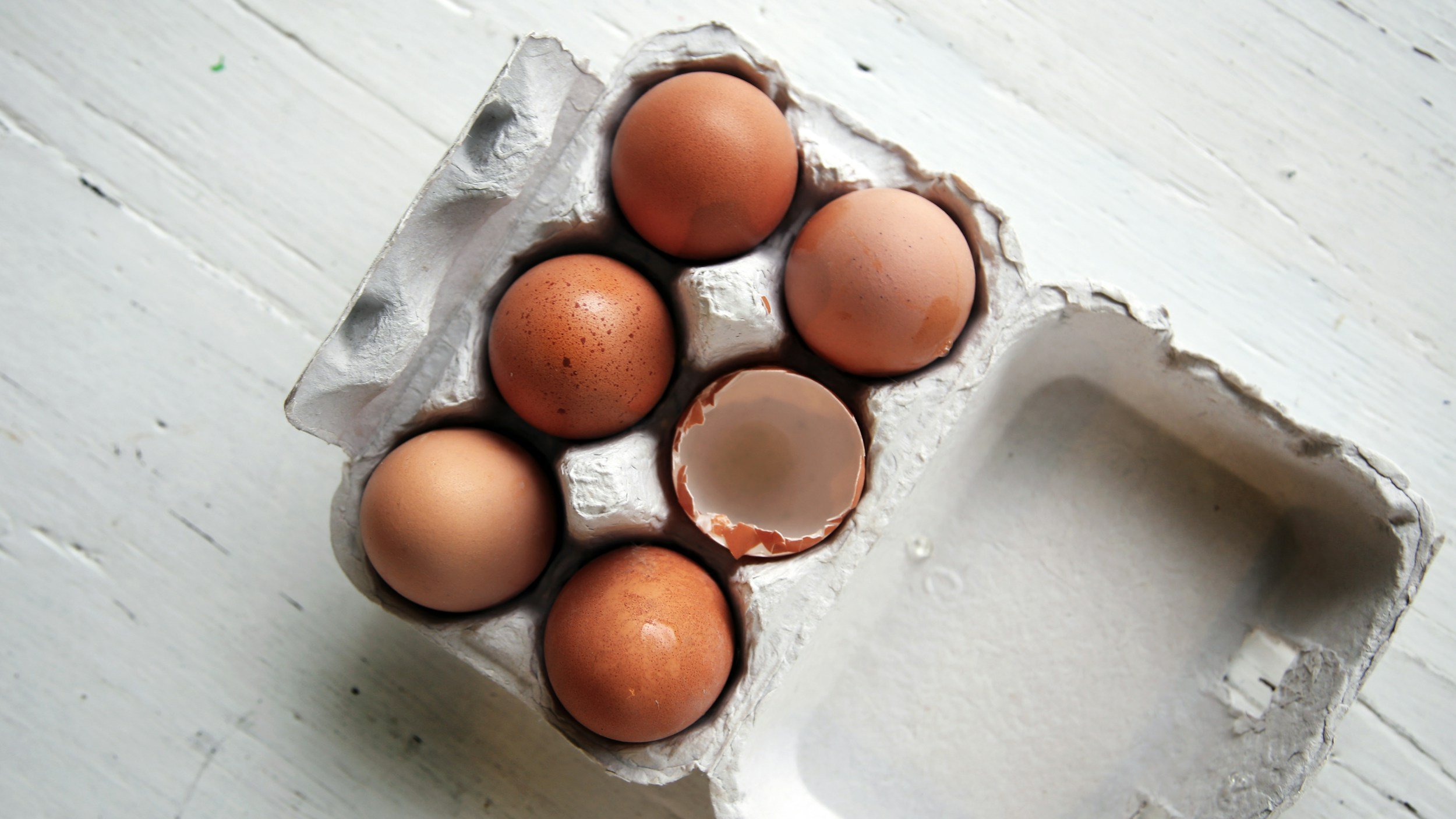Boost Your Energy & Focus with a High-Protein Breakfast
Why Protein is Essential for Health
Protein is a key macronutrient that plays a crucial role in energy production, muscle repair, hormone balance, immune function, and overall wellbeing. It provides the building blocks (amino acids) for every cell in the body and is especially important for sustaining energy levels, stabilizing blood sugar, and supporting mental clarity.
Key Benefits of Protein:
· Sustained Energy: Protein slows the release of glucose into the bloodstream, preventing energy crashes.
· Muscle Repair & Growth: Supports muscle maintenance and recovery after physical activity.
· Hormone & Neurotransmitter Production: Essential for mood regulation, stress management, and focus.
· Immune Support: Helps build antibodies and strengthen immune function.
· Blood Sugar Balance: Prevents sugar cravings and stabilizes appetite.
Protein-Rich Foods & Their Protein Content
Here are some examples of whole food protein sources and their approximate protein content per serving:
· Eggs (2 large): 12g
· Chicken breast (100g): 31g
· Salmon (100g): 25g
· Greek yogurt (1 cup, unsweetened): 20g
· Cottage cheese (1/2 cup): 14g
· Tofu (100g): 10g
· Tempeh (100g): 19g
· Lentils (1 cup, cooked): 18g
· Chia seeds (2 tbsp): 4g
· Hemp seeds (3 tbsp): 10g
· Almond butter (2 tbsp): 7g
· Oats (1/2 cup, dry): 5g
· Quinoa (1 cup, cooked): 8g
· Whey or plant-based protein powder (1 scoop): 20-30g
Benefits of a Protein-Rich Breakfast & Why It's Often Missed
A protein-rich breakfast sets the foundation for sustained energy, balanced blood sugar, and improved focus throughout the day. Many people start their mornings with carbohydrate-heavy meals like toast, cereal, or pastries, which can lead to blood sugar spikes and crashes, leaving them feeling fatigued and craving sugar later in the day.
Benefits of a Protein-Rich Breakfast:
· Sustains Energy Levels: Prevents mid-morning energy crashes by providing slow-releasing fuel.
· Reduces Sugar Cravings: Stabilizes blood sugar, preventing hunger and overeating later in the day.
· Enhances Mental Focus: Supports neurotransmitter production, helping with concentration and mood stability.
· Improves Satiety: Keeps you fuller for longer, reducing the need for constant snacking.
· Supports Muscle Health: Provides essential amino acids to maintain muscle strength and recovery.
Despite these benefits, protein is often missing from breakfast due to convenience, habit, or lack of awareness. Many traditional breakfast foods are low in protein, making it essential to be intentional about including high-protein options in the morning.
Protein-Rich Breakfast Ideas (30-40g Protein)
1. High-Protein Scramble
o 3 eggs (18g)
o 50g smoked salmon (12g)
o 1 slice whole grain toast (4g)
o 1 tbsp hemp seeds (3g)
o Total Protein: 37g
2. Greek Yogurt Power Bowl
o 1 cup Greek yogurt (20g)
o 1 tbsp almond butter (4g)
o 2 tbsp hemp seeds (6g)
o 1/4 cup chopped almonds (6g)
o Total Protein: 36g
3. Protein-Packed Smoothie
o 1 scoop protein powder (20-25g)
o 1 cup almond milk (1g)
o 2 tbsp peanut butter (8g)
o 1 tbsp chia seeds (2g)
o 1/2 frozen banana
o Total Protein: 32-38g
4. Savory Breakfast Bowl
o 100g cooked quinoa (8g)
o 2 poached eggs (12g)
o 1/4 avocado
o 50g grilled chicken (15g)
o Total Protein: 35g
5. Overnight Protein Oats
o 1/2 cup oats (5g)
o 1 scoop protein powder (20g)
o 1 tbsp peanut butter (4g)
o 1 tbsp chia seeds (2g)
o 1/2 cup Greek yogurt (10g)
o Total Protein: 41
How to Add More Protein to Your Diet
· Include a protein source at every meal
· Use nuts, seeds, and nut butters as easy protein boosters
· Incorporate Greek yogurt, cottage cheese, or protein powder in breakfasts
· Opt for high-protein grains like quinoa and oats
· Plan meals with a balance of protein, healthy fats, and fibre for sustained energy
By prioritizing protein in your diet, you can experience improved energy, better focus, reduced cravings, and enhanced overall health. Start your day strong with a high-protein breakfast and feel the difference!

